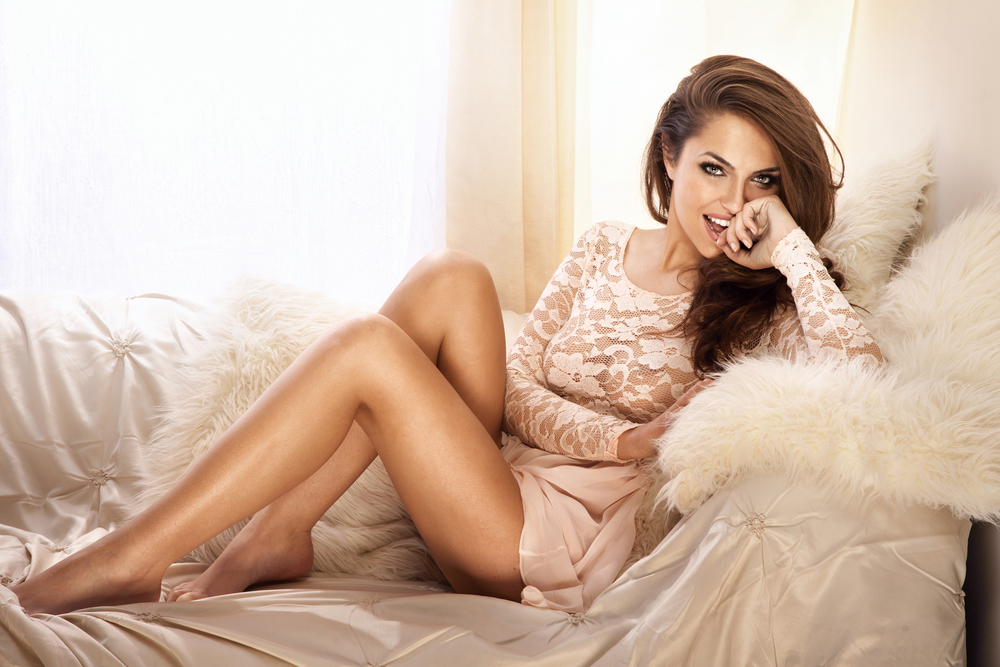
Introduction:
Modeling is an art that requires skill, dedication, and an eye for detail. It is not just about posing in front of a camera; it is about conveying emotions, telling stories, and capturing the attention of viewers. Whether you are a beginner or an experienced model, there are always ways to improve and enhance your modeling skills. In this article, we will explore some essential tips that can help you master the art of modeling (or modelling) and create exceptional photoshoots.
1. Understand your body and angles:
One of the most crucial aspects of modelling (or modeling) is understanding your body and angles. Models often spend hours in front of the mirror studying their poses, experimenting with different angles, and finding their most flattering poses. By knowing your body well, you can enhance your strengths and downplay any perceived flaws. Practice posing from different angles and experiment with different body positions to find the ones that suit you best.
2. Communicate with the photographer:
Building a strong rapport with your photographer is vital for a successful photoshoot. Be open and communicative, sharing your ideas, concerns, and aspirations for the shoot. Good communication helps both the model and the photographer align their visions and work together to achieve outstanding results. By understanding the photographer's style and preferences, you can adjust your poses and expressions accordingly.
3. Embrace versatility and adaptability:
modeling requires versatility and adaptability. As a model, you may be asked to pose in various styles, locations, and outfits. To excel in the industry, it's essential to be open to trying new things and pushing your boundaries. Embrace different emotions, experiment with various themes, and don't be afraid to step out of your comfort zone. The more versatile you are as a model, the more opportunities you'll have to work with different clients and photographers.
4. Pay attention to facial expressions:
Captivating facial expressions can make or break a photoshoot. The ability to convey emotions through your eyes and facial expressions is crucial for creating impactful images. Practice different expressions in front of the mirror, experiment with subtle changes in your eyes and mouth, and strive to evoke the desired atmosphere for each shot. A great modelling tip is to think of a story or scenario in your mind to connect with the emotions you want to portray.
5. Develop your own style:
While versatility is vital, developing your own unique style can help you stand out in the industry. Experiment with different poses, outfits, and makeup styles to find what makes you feel most confident and reflects your personality. Building a personal brand as a model can attract clients who are looking for a specific look or vibe. Embrace what makes you unique and let it shine through in your work.
6. Maintain a healthy lifestyle:
Modeling requires you to be camera-ready at all times, and a healthy lifestyle plays a significant role in achieving that. Stay hydrated, eat a balanced diet, exercise regularly, and get enough sleep to ensure that you look and feel your best. Taking care of your physical and mental well-being will not only enhance your modeling (by models) skills but also boost your self-confidence.
7. Constantly learn and evolve:
Like any craft, modeling is a continuous learning process. Stay updated with current trends and techniques by following fashion magazines, blogs, and social media accounts related to the modeling industry. Attend workshops and courses to refine your skills and gain insights from experienced professionals. Never stop learning and evolving as a model, as this will keep you ahead in a highly competitive industry.
Frequently Asked Questions:
Q1: How important is it to have professional photoshoots as a freelance model?A1: Professional photoshoots are crucial for a freelance model as they serve as a portfolio to showcase your range and versatility. They help attract potential clients and agencies, giving them a glimpse into your modeling abilities.
Q2: Should models always follow current fashion trends?
A2: While it's important to stay updated with the industry, it's not necessary to follow every fashion trend. Developing your own style and staying true to yourself is equally important. Clients and agencies often look for models who can bring a fresh perspective to their projects.
Q3: How do I deal with rejection in the modeling industry?
A3: Rejection is a common part of the modeling industry, and it's essential not to take it personally. Use it as an opportunity to grow and learn from feedback, focusing on improving your skills and finding the right opportunities that suit your strengths.
Q4: Can anyone become a successful model?
A4: While anyone can pursue a career in modeling, success in the industry depends on a combination of factors such as talent, dedication, perseverance, and the ability to adapt. It's crucial to be realistic and understand that it takes time and hard work to establish yourself as a successful model.
Q5: How important is self-confidence in modeling?
A5: Self-confidence is paramount in modeling as it radiates through your photos. Having faith in your abilities and being comfortable in your own skin is key to delivering exceptional photoshoots. Practice self-love and embrace your uniqueness to boost your confidence as a model.
Conclusion:
Mastering the art of modeling requires continuous practice, dedication, and a willingness to learn and adapt. By understanding your body, communicating effectively with photographers, and developing your own style, you can elevate your modeling skills and create exceptional photoshoots. Remember that versatility, self-confidence, and a healthy lifestyle are crucial elements in becoming a successful model. Embrace the journey, be patient, and enjoy the process of constant growth and improvement in this exciting industry.
Other useful resources
- https://en.wikipedia.org/wiki/Category:Modeling_agencies
- https://en.wikipedia.org/wiki/Category:Models_by_modeling_agency
- https://en.wikipedia.org/wiki/Category:Modeling_(profession)